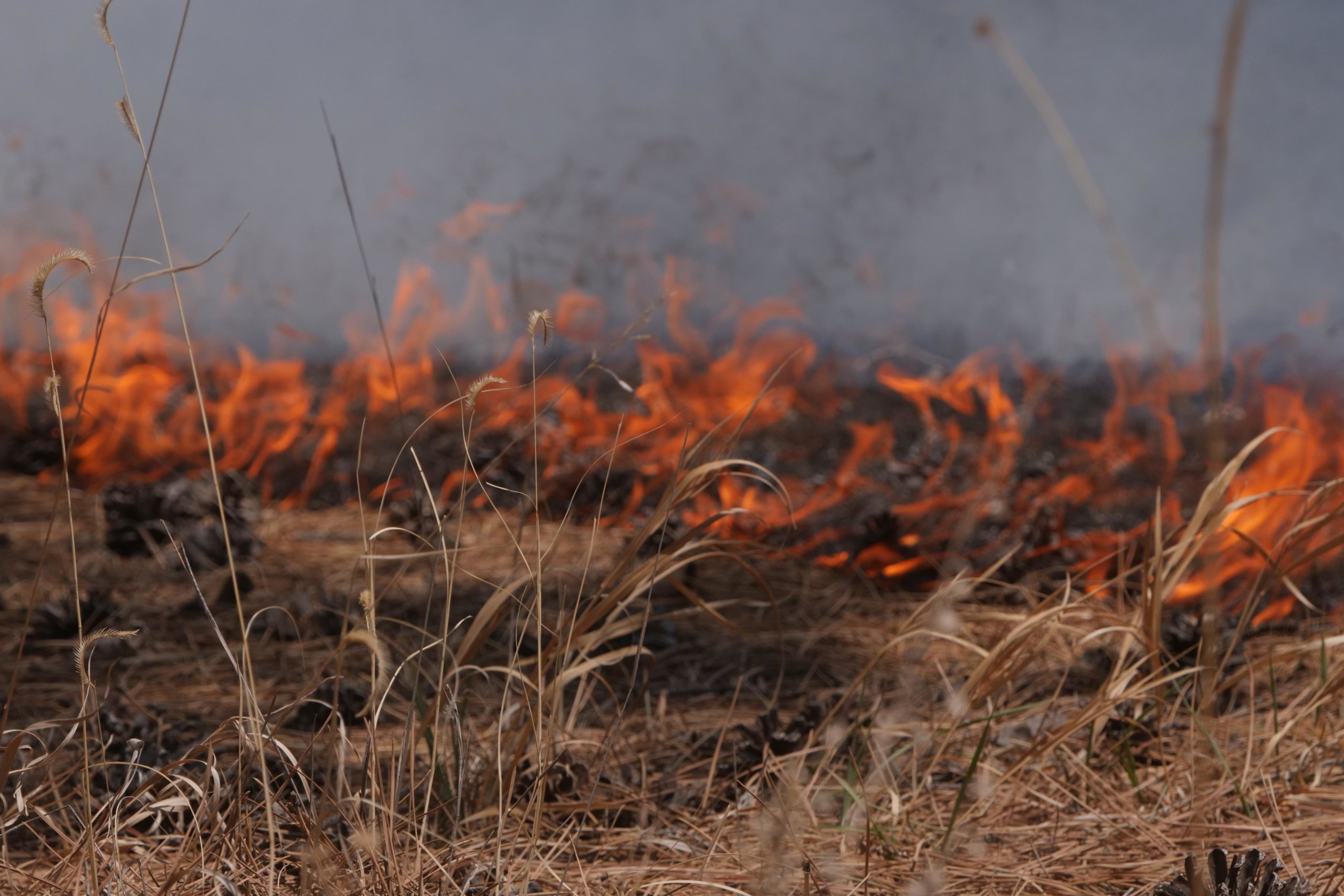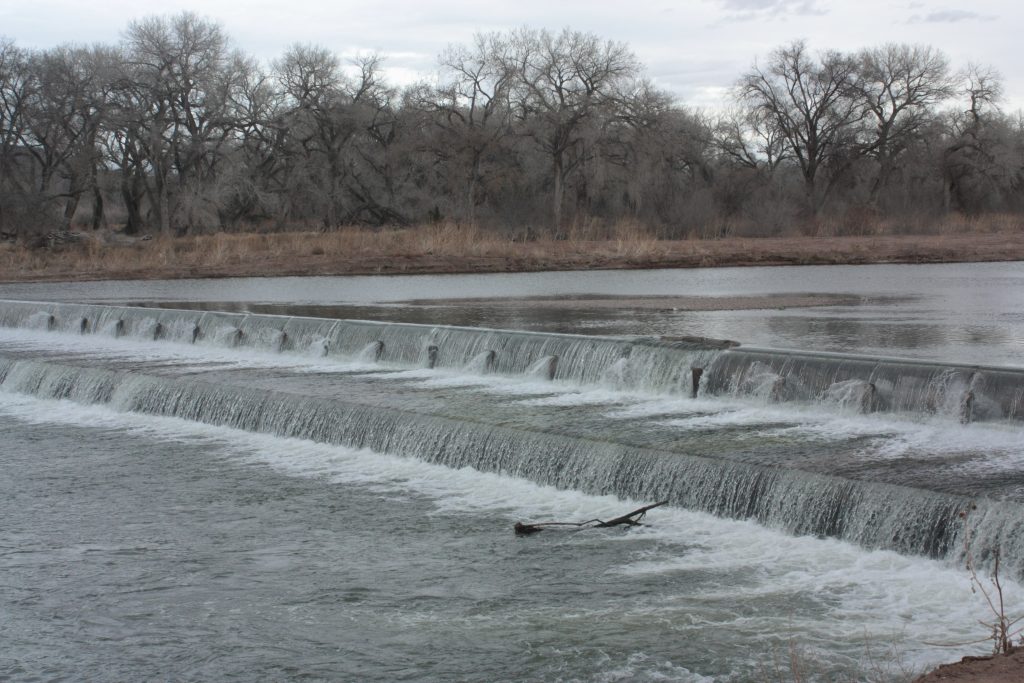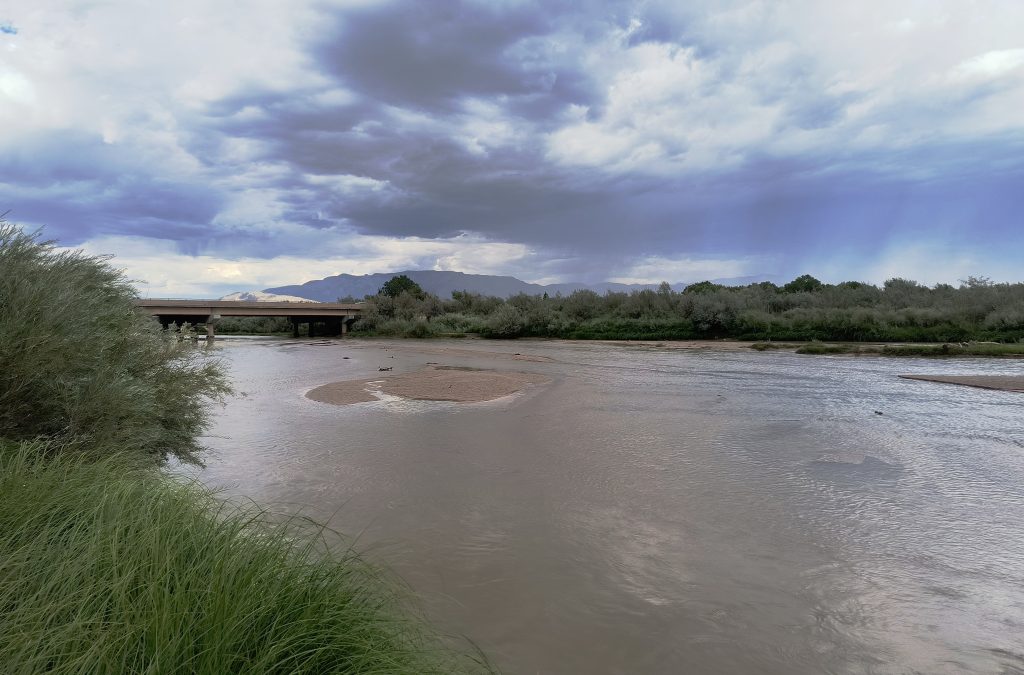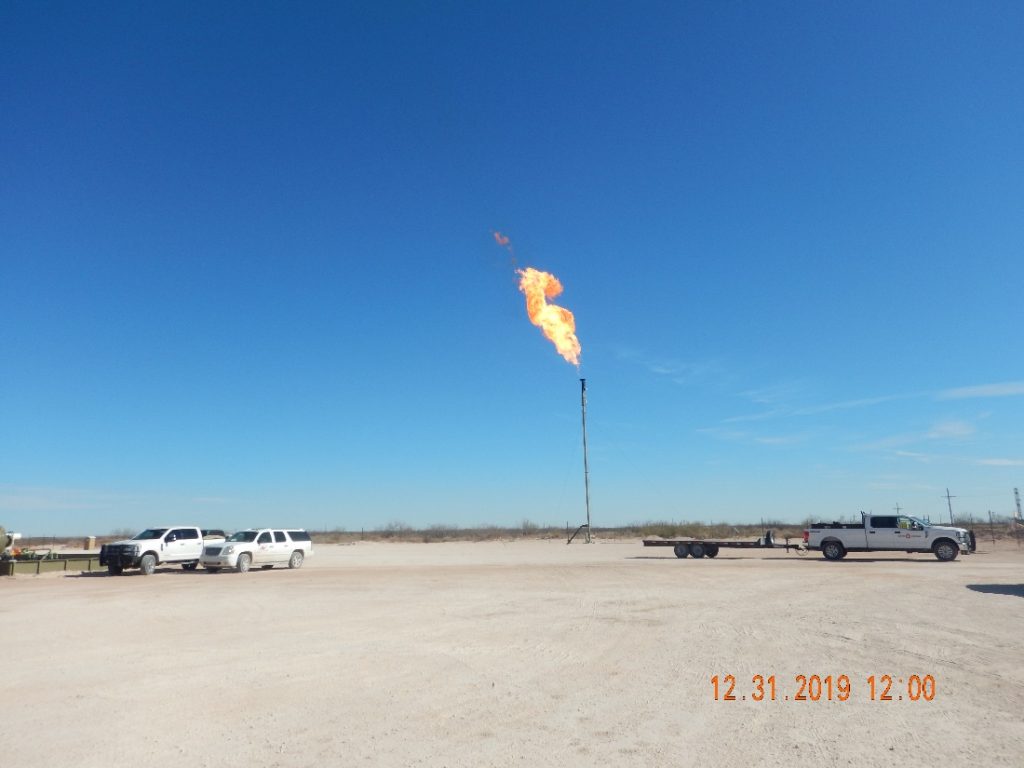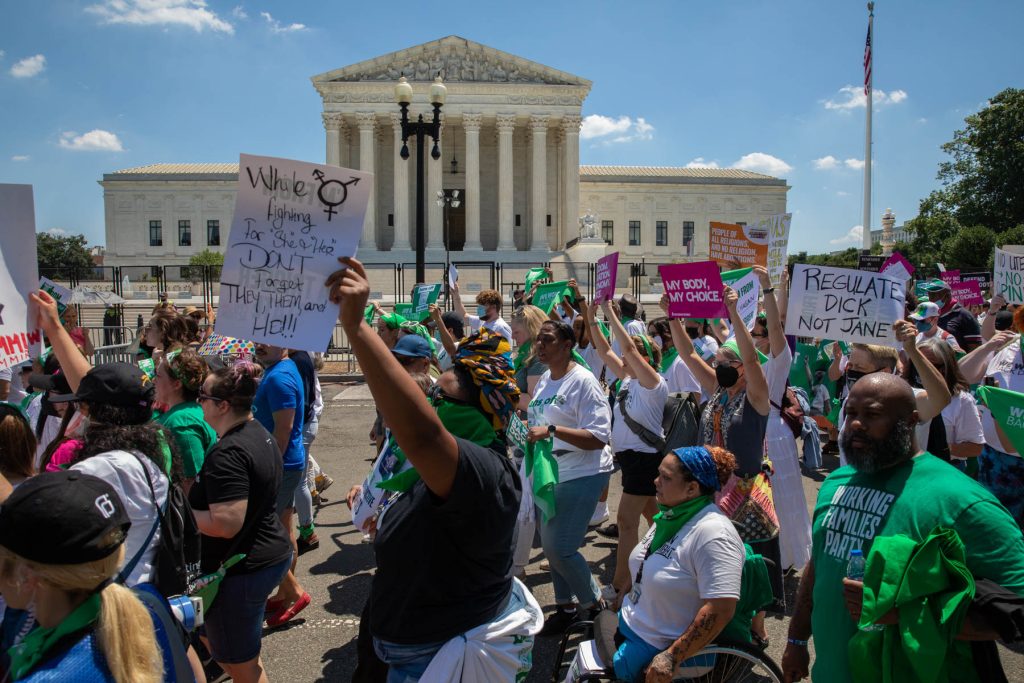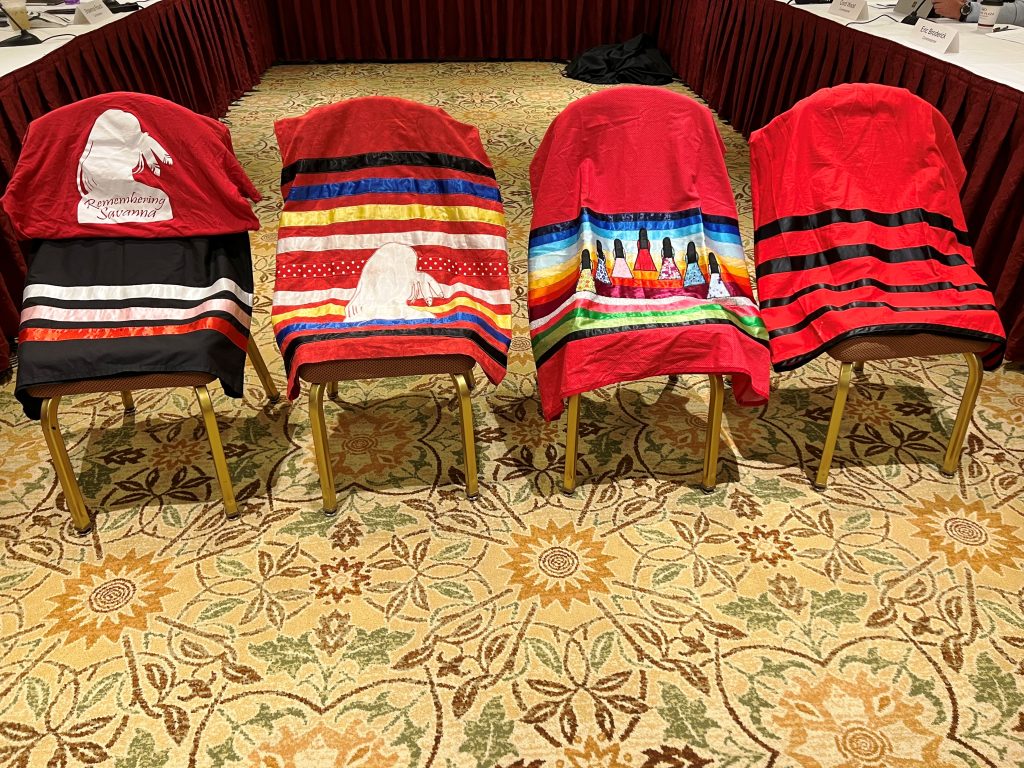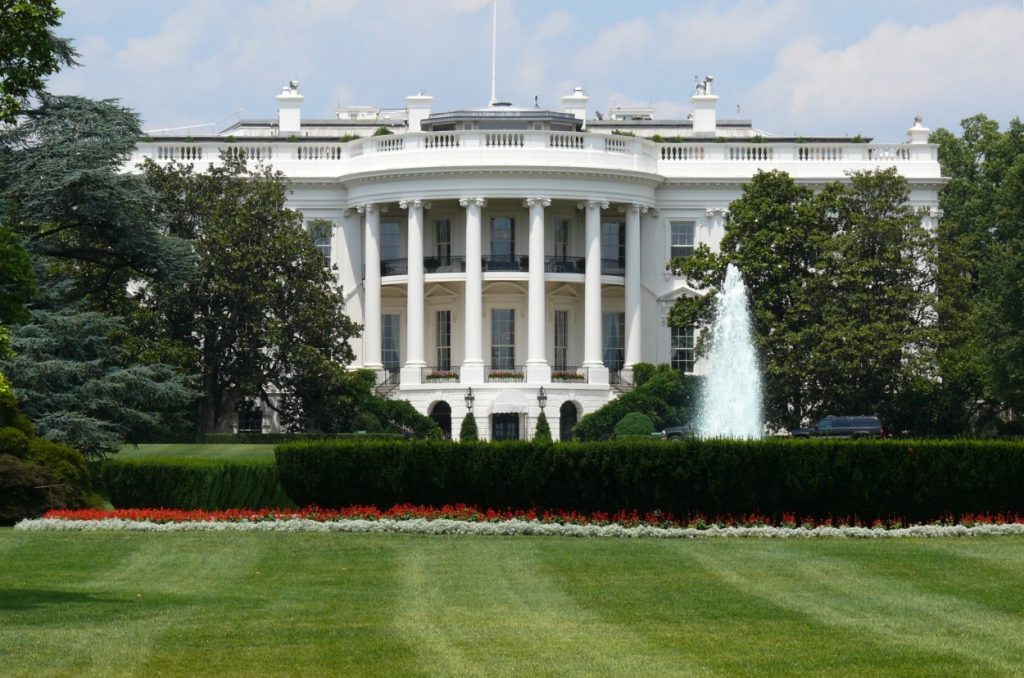A bill that would prohibit prescribed burning during high wind, or red flag conditions, passed the Senate Judiciary Committee on Monday. The committee chairman, Sen. Joseph Cervantes, D-Las Cruces, was the sole opposition.
The legislation now heads to the Senate Floor.
Prior to passage, Sen. Daniel Ivey-Soto, D-Albuquerque, suggested an amendment that would allow the state forester or a county or municipality to issue a notice stopping prescribed burns based on wind conditions. This was ultimately adopted. He then recommended that the sponsor, Sen. Ron Griggs, R-Alamogordo, bring a floor substitute to the Senate that would change the bill to eliminate section C. Section C is the portion of the bill that would ban prescribed burns on red flag days.
Ivey-Soto also introduced but withdrew an amendment during the Senate Judiciary Committee discussion to strike section C. He withdrew it after Griggs offered to meet with him afterwards to discuss possible changes.
The bill was also amended prior to passage to remove the time frame so that it now would apply to any time there are red flag conditions impacting an area where a prescribed burn is supposed to occur.
State Forester Laura McCarthy said the legislation “doesn’t accomplish anything to change future outcomes. It doesn’t repair the damage that’s been done. And it doesn’t send a message to the US Forest Service who is really the target of collective anger at what happened.”
She said, instead, it can bind the hands of the land managers who rely on prescribed burns as an important tool to prevent catastrophic fires.
Related: Spring burn ban bill brought off table, amended version passes Senate committee
“Some types of natural lands in some circumstances and conditions require moderate wind driven fire to be healthy. Some examples are Pinyon juniper woodlands where the goal is to reduce overgrown brush and tree seedlings without damaging the seed bank in the soil so you need a fast moving fire,” she said. “Also grazed woodlands and grasslands where the grass is sparse and wind is needed to carry the prescribed fire. Legislation is a blunt tool to address the range of management situations where the risk of prescribed burn escape is less than the risk of catastrophic wildfire.”
She said that while the Hermits Peak/Calf Canyon Fire, which was started by prescribed burns, was terrible, it was not the only large wildfire New Mexico experienced last year. McCarthy highlighted the Black, McBride, Nogal, Cerro Pelado, Cook’s Peak, Midnight and Bear Trap fires. While none of those fires were started by prescribed burns, they all placed people in harm’s way, she said.
McCarthy said when red flag warnings are issued, they are issued for a zone.
“The zone is fairly large and there are going to be microclimates within that zone,” she said, adding that the actual conditions on the ground may vary.
McCarthy further said that the burning conditions are impacted by various factors including moisture both in the vegetation and in the soil.
The State Forester also has the ability to issue local, regional or statewide fire bans.
“That is the tool that we use to shut down prescribed burning when we feel that it is unsafe,” McCarthy said.
Despite those concerns, many committee members said that it is common sense that you don’t burn on a red flag day.
Committee members further said that the bill likely will not affect federal agencies due to what is known as federal preemption. But it could send a signal to the agencies.
The amendment that Ivey-Soto introduced gets around the federal preemption issue because the federal land managers do not conduct prescribed burns when the state forester issues a notice prohibiting burning.
McCarthy indicated that the changes Ivey-Soto recommended could solve the concerns that forest managers have expressed.
Griggs was not fully opposed to Ivey-Soto’s proposal to strike section C, though he said that section is important to send a message to federal land managers in light of the Hermits Peak/Calf Canyon Fire.
Cervantes said he opposed the bill in part because it does not include any consequences for people or agencies that violate it. He said he appreciates Griggs’ statement that he wants to send a strong message to the federal government. He said as a lawyer he does not like to pass bills solely to send a message.
“I really want to have a bill that says people shall do something and there should be a consequence for not doing that thing. And this doesn’t do that,” he said.

